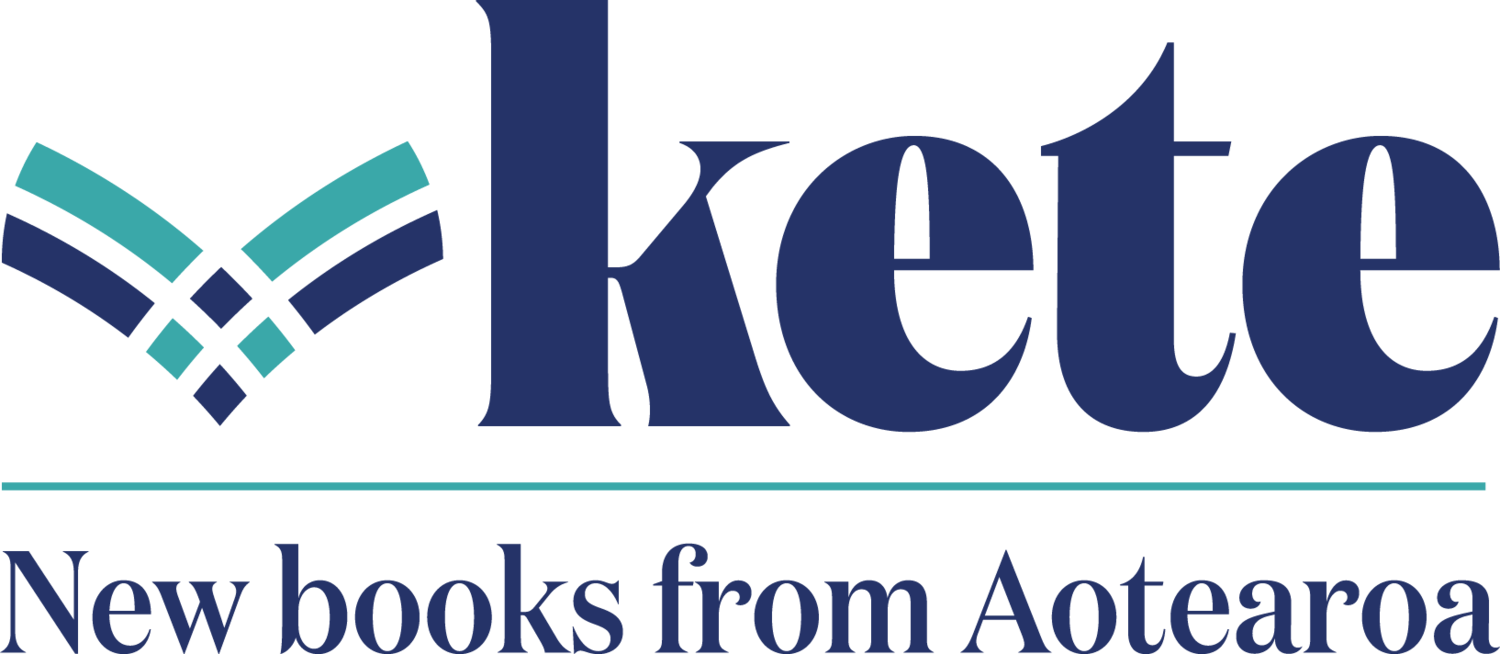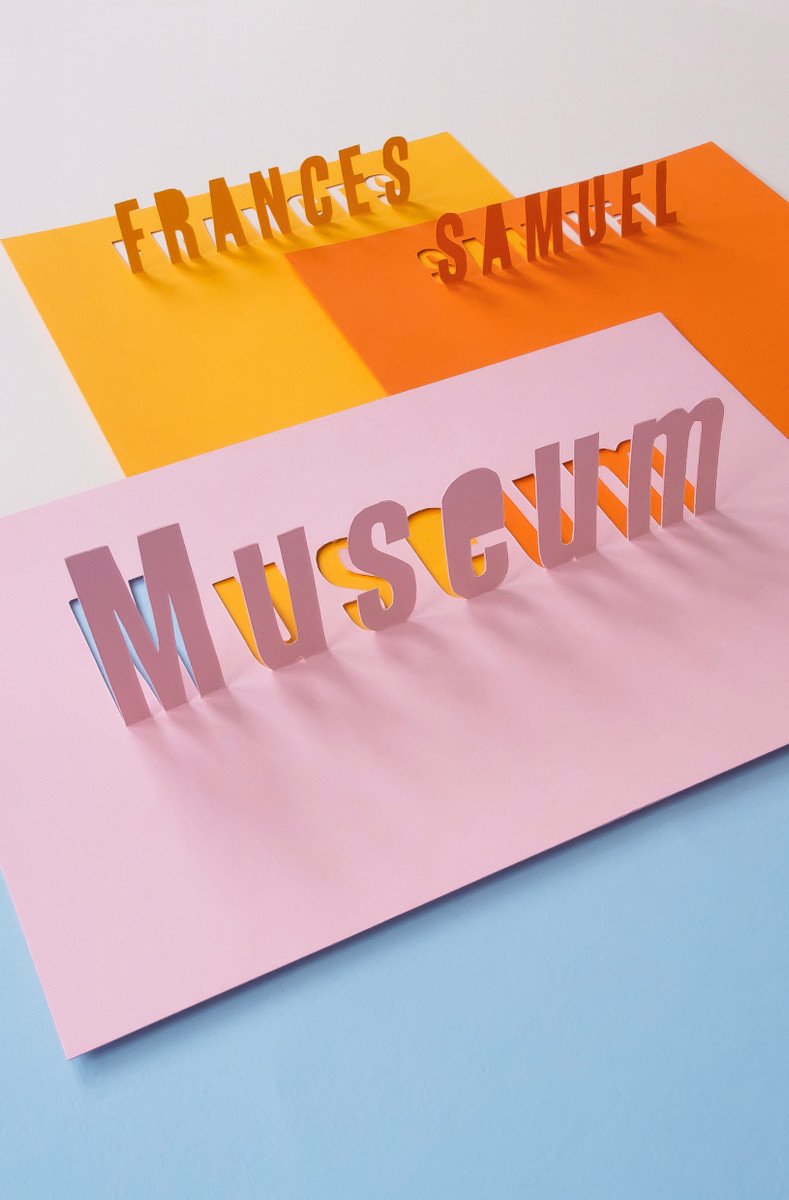Interview: Frances Samuel on Museum
Author:
Frances Samuel
Publisher:
Te Herenga Waka University Press
ISBN:
9781776920020
Date Published:
February 2022
Pages:
88
Format:
Paperback
RRP:
$25.00
All books bought via this link help us to review more books from Aotearoa — thank you for supporting local books and authors
Kete 12 books of Christmas – February: Frances Samuel talks about her poetry collection Museum (Te Herenga Waka University Press, $25.00) and how whispering whales inspired her.
What led you to write your book?
I started writing the poems for this book when I was also working as an exhibition writer at Te Papa. As my pile of poems grew, I noticed that, while the themes and subjects really varied, many were sparked by information and ideas I’d picked up through my work – whether that was from a visit by a robotics scientist, finding out that humpback whales can whisper, or writing about a painting or a piece of pottery. The title was clear to me early on and I found that the poems fell into sections – (Super)Natural World, (Im)Material World, and Object Lessons – and became a book.
If you had to give the written equivalent of an ‘elevator pitch’ for your book – about two – three sentences - on why you think others should read it, what would you say?
For this one I’ll hand over to James Brown’s launch speech: ‘This is the poetry of replenishment. Museum is amazingly affirming. It’s also simply an amazing book: it finds wonder everywhere, particularly in language and its ability to transform and uplift. It’s clever, it’s questioning, but above all, it’s entertaining and fun.’
What did you discover in the course of writing the book that surprised you?
Joan Didion talked about subjects that you’ll eventually write about having a sort of ‘shimmer’ around their edges, and sometimes that happens for me, but I’m always surprised at how unexpected imagery and details show up during the writing process. In my book, I didn’t expect things like moa parasites and colossal penguins to sneak onto the page. Or, come to think of it, the talking cactus, giant, and shoes made of fire and ice either. The theme of transformation that emerged was also a surprise. I’d been writing at the museum about tohunga and Māui, who could shapeshift, and concepts of connection to the environment, possibility, and resilience – reaching limits and then transcending them – come through throughout the book.
How did you go about writing the book and what proved to be the most challenging element? What about the most joyful?
I wrote the poems for this book over a number of years, in small sections of time beside looking after my family and working. Some poems I wrote all in one go, from a first line that would come to me, and then revised them (extensively) afterwards. Others I began and then continued to build over weeks or months. A challenging element was time, meaning not only time in the usual sense of the word but empty time when my mind could become still enough for something good to emerge. That stillness also allowed distance and perspective to get a sense of how the writing fit together. So to me, a still mind that is making imaginative new connections is joyful, and a poem that is complete is relief-filled happiness. Until the next day, when you read it again and think that maybe you should remove that word, and …
What feedback have you had from readers?
One terrific thing was having my book inspire an event where poets read in a museum and responded to the taonga and spaces. I read the same set of poems out to five different audience groups and the responses varied so much – one group was serious and contemplative, the next one was laughing. It was a great reminder that you can’t predict how your work will resonate. I’ve had feedback that the poems are funny, moving, courageous, intimate, magical. People have commented on the sense of the epic – in that many of the poems sweep through time and place, and between dimensions and worlds. Poems about parenting resonated. And some very short poems – two or four lines – have got attention. I understand this because in a way I see poems as small objects you can carry around and get out when you need them.
Thinking about the summer holiday season, what are your plans? Can you recommend a book from Aotearoa New Zealand that you’d encourage people to read during the summer holidays?
We’ll be visiting family and friends, doing some camping along the way, reading, swimming – all things I’m especially looking forward to after a tiring pandemic year. I met four inspiring poets in September when we did a wonderful event together for the WORD Christchurch festival: Robert Sullivan, Joanna Preston, Rebecca Hawkes and Erik Kennedy. They have all published exciting new books, which I’d recommend for summer reading and beyond.


